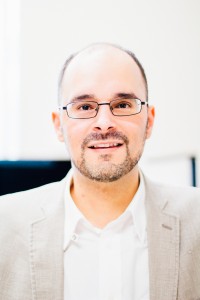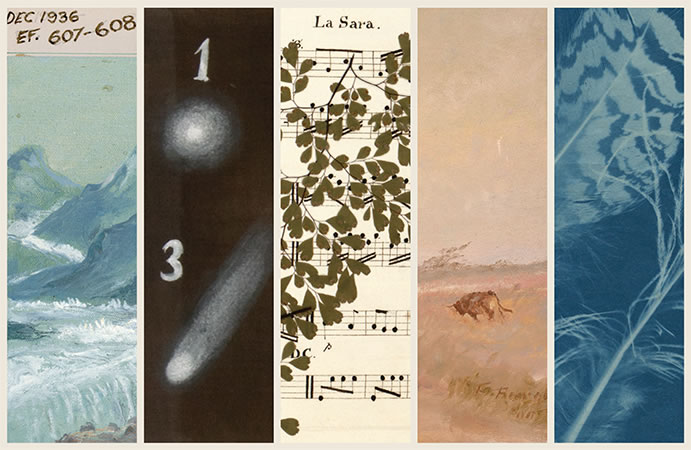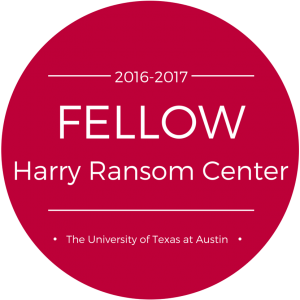Alvaro Santana-Acuña is an assistant professor of sociology at Whitman College in Walla Walla, Washington.
He received a 2016–2017 Andrew W. Mellon Foundation Research Fellowship from the Ransom Center in support of his project, “Ascent to Glory: How One Hundred Years of Solitude Became a Global Classic.”
Tell us about your research:
Upon publication in 1967, the novel One Hundred Years of Solitude, by Gabriel García Márquez, met the conditions to be a complete failure. Yet the novel was an instant bestselling success in the Spanish language and soon after in others; half a century later it has also become a global classic. My book, “Ascent to Glory: How One Hundred Years of Solitude Became a Global Classic,” asks how a novel that seemed destined for oblivion continues to enter the lives of millions of readers globally.

Which Ransom Center collections are most relevant to your research?
The Gabriel García Márquez archive.
Outside of your primary research interest, are there other collection items at the Ransom Center that you hope to see?
The Jack London collection and the Joseph Conrad collection.
Can you share a particularly exciting moment of discovery while working in other research libraries or special collections?
Working on the manuscript of Fortuna y Jacinta, a masterpiece of nineteenth-century Spanish literature, authored by Benito Perez Galdos who is from the Canary Islands, like me. The manuscript is at Harvard University’s Houghton Library.
Beyond researching, what is at the top of your must-see/do list while in Austin?
The skyline of Austin viewed from Zilker Park, the Contemporary at the Jones Center, and the Blanton Museum of Art.

Related content

